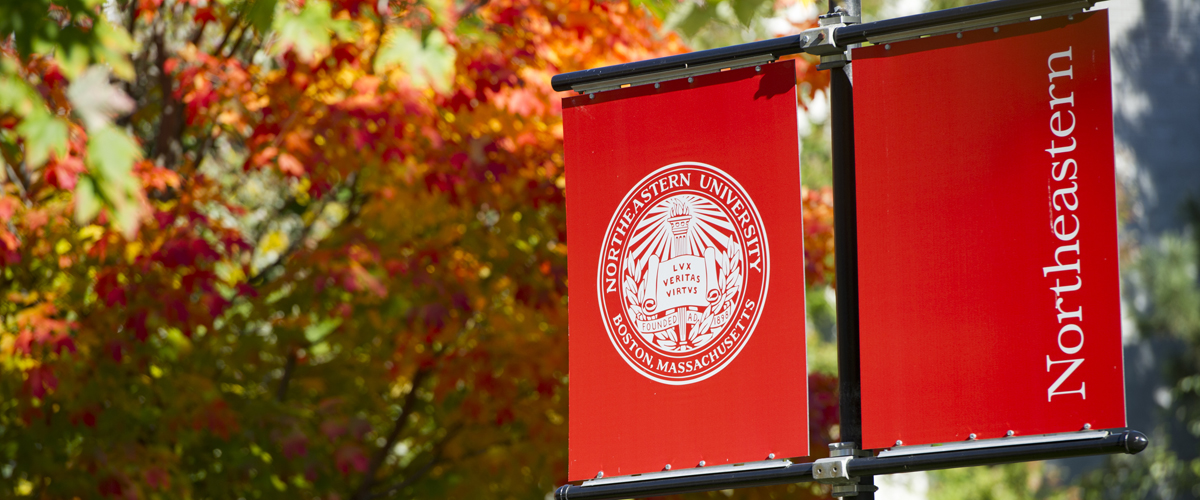What is your major, and when are you graduating? 
I’m studying Biotechnology, and I plan to graduate in December 2022, but May 2023 is also a possibility.
Why did you decide to enroll at Northeastern University and pursue an advanced degree in biotechnology?
Northeastern’s renowned co-op program was a key factor during my decision-making process. The Master of Science in Biotechnology program also offers a variety of specializations to choose from, which I found very interesting and valuable as I haven’t seen anything quite like it. For someone like me, who is still unsure of my future career plans, I think the different specializations made it easier for me to learn more about future career options while also helping narrow down possibilities.
Tell us about your experience in the program.
My experience thus far has been amazing! I’m currently two semesters into my program, but due to COVID-19, this semester is my first on-ground. I’ve loved the campus so far, and the classes have been great, although challenging in their own ways. My professors are also admirable and great – since they all come from different professional backgrounds, there’s always a new perspective of the biotech industry that I can gain from each class.
What was your favorite part of the program, and why?
My favorite part of the program is that I can take classes that act as different gateways to the various specializations in the first two semesters. This allows me to test the waters and get a general idea of what I enjoy and don’t enjoy doing. For example, a class I enjoyed in my first semester was BIOT5219: The Biotech Enterprise, and this semester, I really like CHEM5620: Protein Chemistry. The professors for both classes are fantastic as they helped broaden my view on the industry.
Did a COS faculty or staff member help you excel in this program?
Besides my professors, who are always there to answer my questions, my co-op advisor Alex Susienka has been a massive help. He is very responsive and gets back to my inquiries quickly, and I really appreciate how he’s always willing to go out of his way to find accurate answers to questions. Additionally, I’m currently in his section for the Professional Development for Co-op class. His class is excellent preparation for finding the right co-op opportunity that any biotech student can benefit from.
What are your post-graduation plans?
I’m not sure where the wind will take me, but I hope to get a full-time opportunity to work on a project I am passionate about in one of the many companies in the growing biotech space back home in Singapore.
Tell us about your work experiences.
My experience working in the industry has been quite diverse. During my Bachelor of Science in biology, health, and society at the University of Michigan – Ann Arbor, I was lucky to experience working in two research labs.
During my junior year, I performed research in a lab that focused on agricultural microbiology. Afterward, I was lucky enough to work with one of Indonesia’s (my country of birth) biggest food companies, Indofood, where I heavily focused on nutrition and international operations.
During my senior year, I worked for another lab that focused on applying bioinformatics in microbiology research, specifically the effects of fiber on the gut microbiome. After graduation, I went back to Singapore and interned for a health tech startup, working directly with the co-founders. Although this is not much, I am very grateful that I had these work experiences and, I hope that Northeastern can continue to play a role in helping me broaden my experiences within biotech.
Do you have any advice for students (both grad and undergrad) pursuing Biotech?
The best advice I can give to students who are considering or are already in Biotech is to just go with the flow and make the most out of every opportunity and experience. Of course, grades are essential but building connections and expanding your network is just as crucial. It’s also important to remember that good things take time, so if you are rejected from something you applied for, get back up, reflect on how to improve, and try even harder – after all, what doesn’t kill you makes you stronger.

